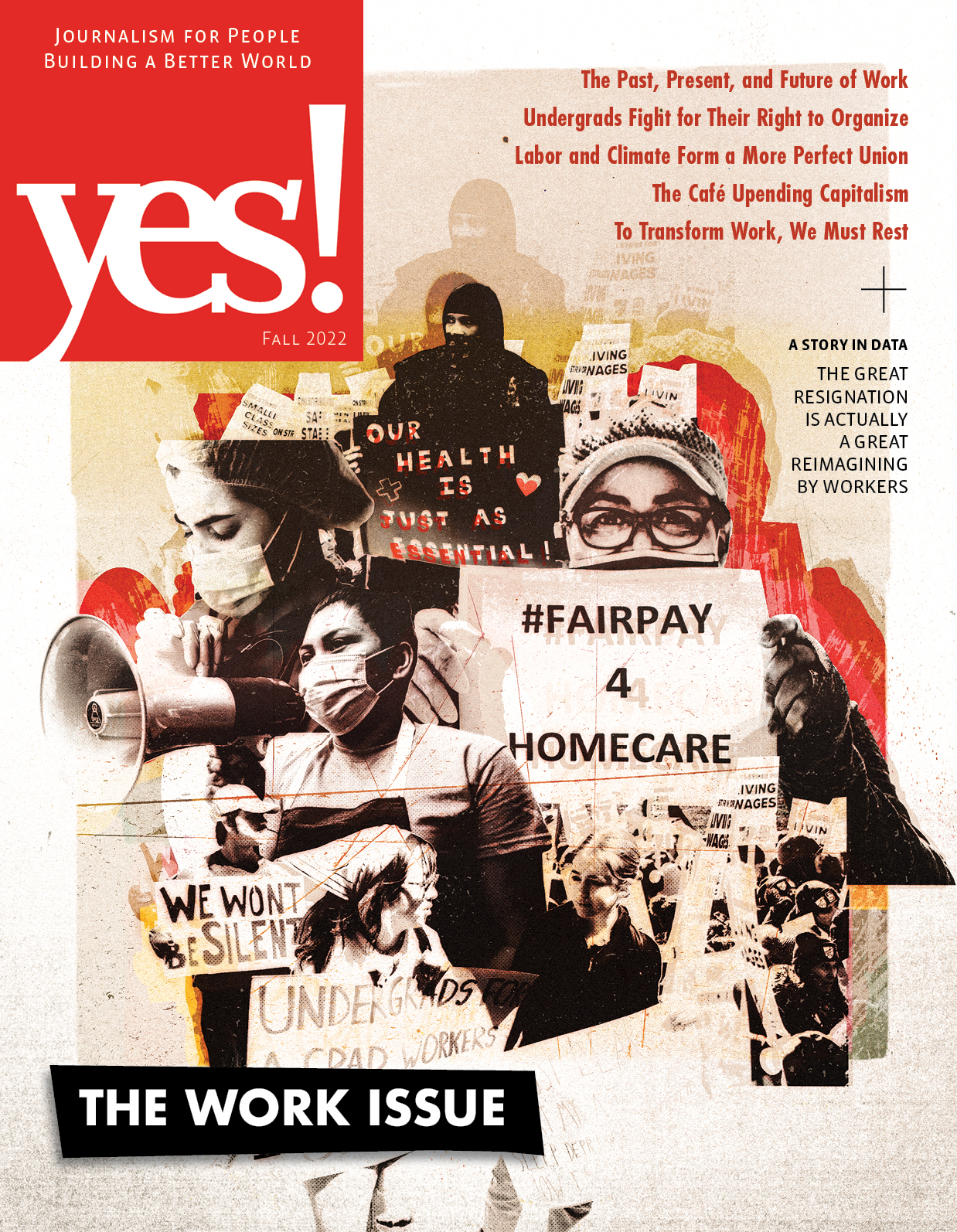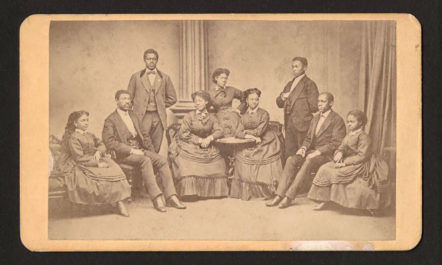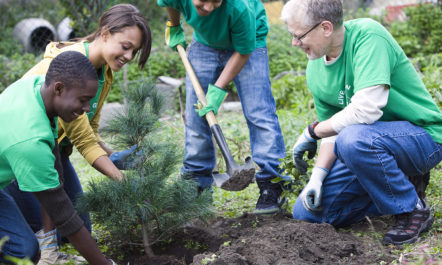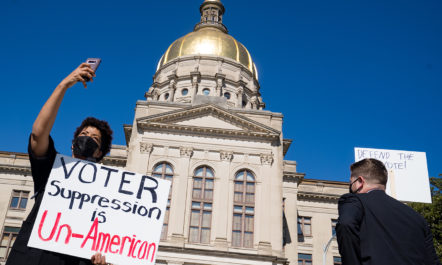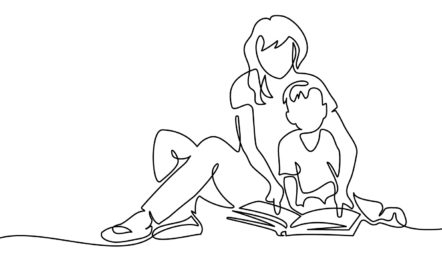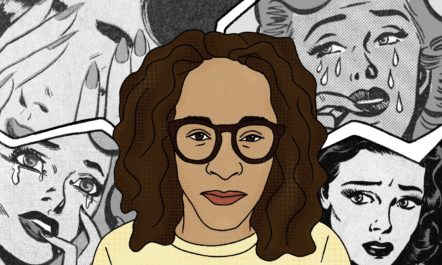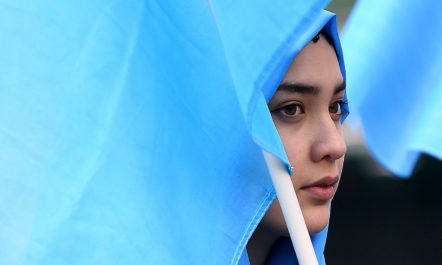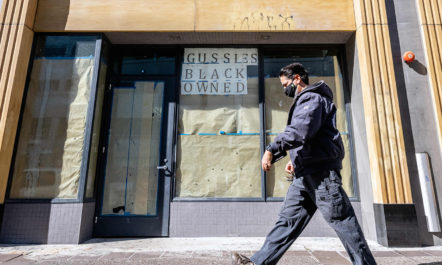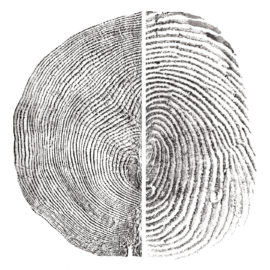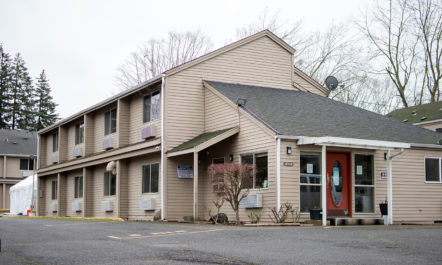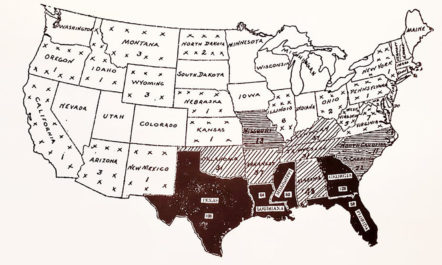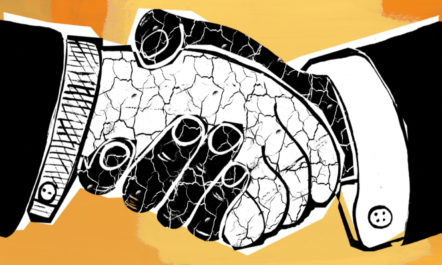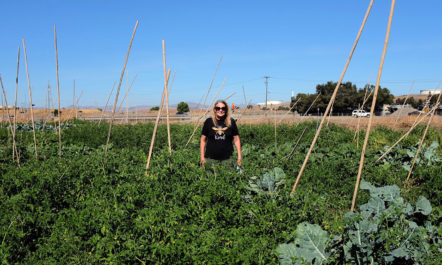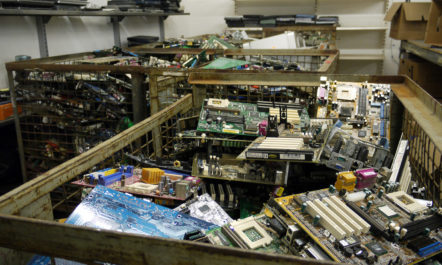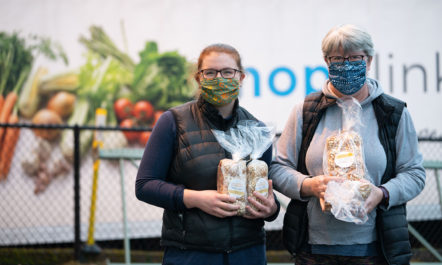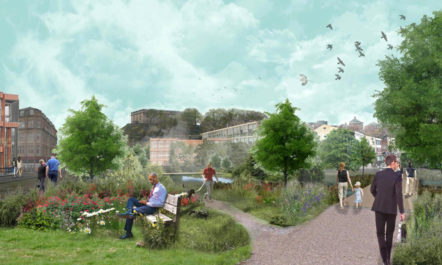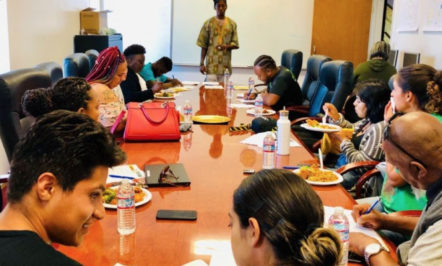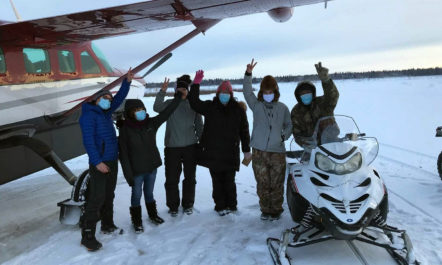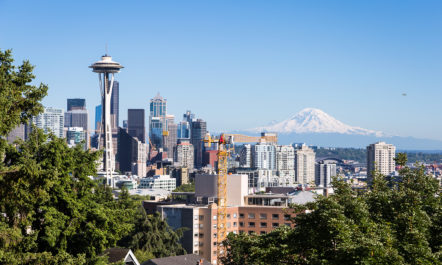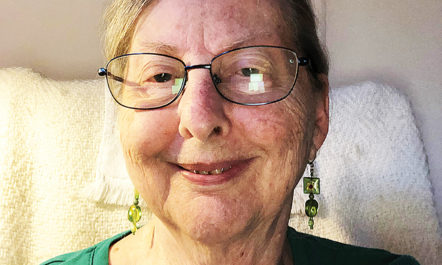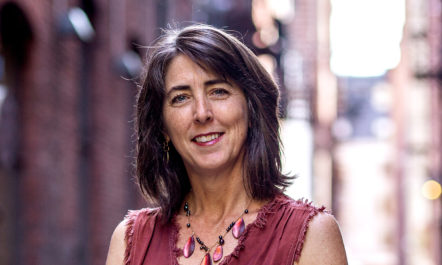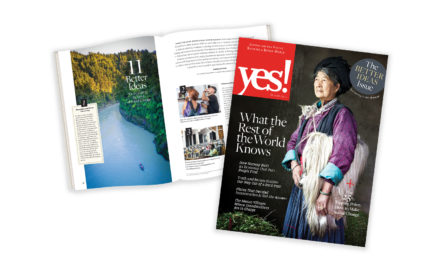Black Americans used photography in the 19th century to combat racist caricatures and represent the Black experience accurately.
Planting trees is a way to build community and bolster benefits to human and environmental health.
The long struggle to secure voting rights enters a new stage, as Republicans across the country try to strip protections from state laws.
Disrupting the gendered stereotypes that children encounter requires attention and intention, but it doesn't have to be complicated.
Kick off Women’s History Month with YES!’s new monthly crossword.
Whenever I am faced with emotional ambivalence, or a sense of duty to others is in competition with my own emotional needs, I ask, “What would a white woman do?”
With every aspect of Uyghur life under threat in Xinjiang, China, young Uyghurs in the diaspora have rallied to connect with their culture and each other
Research suggests the economic impact of COVID-19 could be more than two times larger for Black- and Hispanic-owned businesses than for White-owned enterprises.
At the root of so many of the crises we face—climate change, racial inequity, and public health failures—is a society built on greed and selfish wealth accumulation. But there’s another
The coronavirus spread fast in homeless shelters, which prompted creative solutions to safe housing.
When Black counter-mapping exposes the how and where of racism, in accessible visual form, that information gains new power to spur social change.
History shows that our cultural insistence on civility has maintained White superiority.
A California farm is making sure wastewater no longer goes to waste.
Legislation is pushing back against a waste-based economy by requiring companies to help customers fix their appliances and electronics.
The Seattle-based Community Loaves project enlists home bakers to help those facing food insecurity during the pandemic.
Through the process of rewilding, cities can improve both human and environmental health.
Raising resilient, anti-racist children means having conversations about racial injustice.
Because of their unorthodox ownership structures, cooperatively owned businesses don’t fit neatly into most lenders’ boxes. So one group decided to build their own source of funding.
Studying history is like detective work—especially when the rebellion of Black women has been left out of the story.
Transferring wealth to Black-led groups is a particularly potent form of reparations with immediate benefits to communities of color.
Less-populated states like Alaska, West Virginia, and South Dakota are leading the nation when it comes to COVID-19 vaccination rates.
In an effort to counteract displacement in racially diverse neighborhoods, Seattle’s Equitable Development Initiative invests in community-led projects that aim to keep longtime residents in their neighborhoods.
MaryEllen Wilson became a regular supporter of YES! in 2020, shortly after discovering two old issues. Retired from a busy career, she now spends her time reading, writing, knitting, painting,
Dear Reader, Today, I am thinking about love. A fraught, confusing, full-of-potential kind of love. It’s like this: I’m writing to you on the birthday of Martin Luther King Jr.,
Winter 2021: What the Rest of the World Knows The Better Ideas issue sparked conversations about potential solutions to some of the ongoing challenges facing the United States, from our
Help Fund Powerful Stories to Light the Way Forward
Donate to YES! today.
